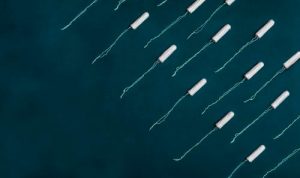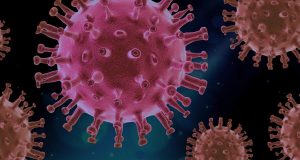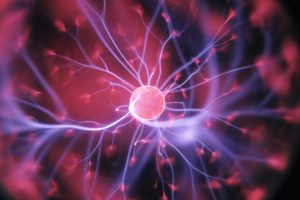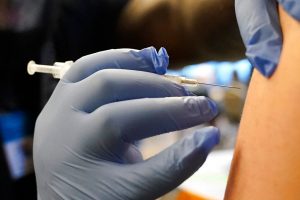A study conducted at the All India Institute of Medical Sciences (AIIMS) in Patna observed that taking a power nap during the day improves human cognitive performance, particularly calculative ability and the execution of skilled tasks such as driving.
In a pilot study involving 68 healthy male and female volunteers aged 18 to 24, it was discovered that those who took a short nap performed much better in solving problems and completing tasks than those who slept awake.
Also Read | Study shows Covid-19 pandemic stress affected women’s reproductive health
“Both slow wave sleep, also referred to as deep sleep, as well as rapid eye movement (REM) sleep, a stage when a person dreams in sleep, during the day time nap has shown significant impact upon the uncompleted numerical logical tasks, suggesting the nap being a useful behaviour for cognitive enhancement,” Dr Kamlesh Jha, a co-author and additional professor, department of physiology at AIIMS-Patna, told Hindustan Times.
Dr. Ramji Singh, a former professor of physiology who is now the director of AIIMS-Kalyani in West Bengal, Dr. Yogesh Kumar, an additional professor, and Dr. Abhilasha Mishra, a senior resident in the department of physiology at AIIMS-Patna, co-authored a scientific report that was published as an original research paper in the International Journal of Scientific Research in September 2019.
Also Read | What is insulin and how did its discovery change diabetes treatment?
“This is a mid-term outcome. We want to continue with our study and will request for government funds for research. We will like to broaden the scope of study by including more volunteers so that we get a robust outcome,” said Dr Jha.
All of the participants in the pilot study were divided into two groups and given a standard set of Sudoku, a number game based on rational thinking, with varying levels of difficulty. Each group was given 10-12 minutes for each level. The test group was allowed to take a nap when they became stuck at a certain level of difficulty, while the other group was allowed to take wakeful rest.
After a one-hour period of spontaneous awakening or wakeful rest, the participants were given a similar set of Sudoku at the same level where they had previously become stuck, and their responses were checked to see if the level had been completed successfully or not.
Also Read | Why diabetes symptoms in Indian kids emerge early
“In the control group participants, who stayed awake, out of 37, only six were able to solve the given Sudoku task while 31 could not. In the test group participants, who slept, out of 31, as many as 16 accomplished the task, while 15 could not,” said Dr Jha.
“On further comparison of solvers and non-solvers from the control group that stayed awake with that of slow wave sleep group, which went in deep sleep, 13 out of 18 participants, who attained deep sleep, could complete the task successfully while five of them could not,” he added.
When those who stayed awake were compared to those who went into rapid eye movement (REM) sleep, 13 were able to complete the Sudoku task successfully, while 12 were unable to do so.
Summing it up, Dr Jha said, “Usually nap has got a negative psycho-social stigma and is unacceptable in most of the circumstances, especially at work places. Our study has attempted to throw some light over its potential usefulness in the cognitive task performance enhancement. Further study with bigger data base could be more conclusive.”






